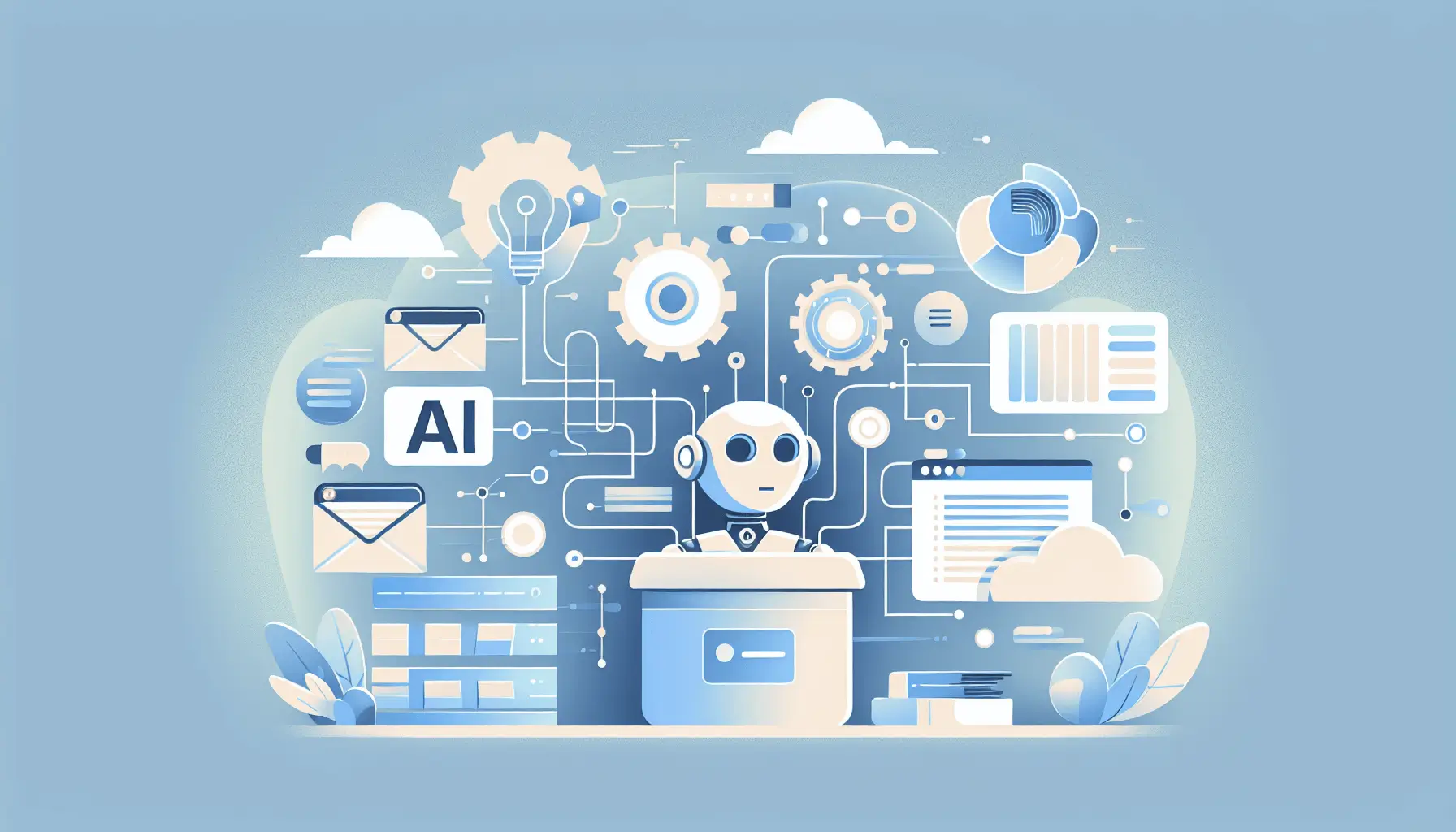New York Bans DeepSeek on State Government Devices
The state of New York has just placed a ban on DeepSeek for all government-issued devices, and as an AI enthusiast, I can’t help but dive into what this means for technology governance and developers alike.
While such moves aren’t entirely new, this one raises some compelling questions: What prompted the decision? How does it impact AI regulation? And most importantly, what does it mean for developers working in AI?
Why Did New York Ban DeepSeek?
From what we know, security concerns are at the heart of this ban. New York officials cited fears around data privacy and potential misuse of AI-generated content.
DeepSeek, a relatively new player in the AI space, offers powerful text generation features, but as with any AI tool, the risks come down to how it’s used.
The Security Argument
State governments handle a vast amount of sensitive data, and AI tools trained on massive datasets are inherently concerning when it comes to information security.
Some key concerns about DeepSeek include:
- Potential data leaks due to AI interactions.
- Automated misinformation spreading unchecked.
- Possibly weak security measures leading to unauthorized access.
Precedents for AI Bans
This ban isn’t without precedent. Other states and federal agencies have enacted similar restrictions on AI tools, including ChatGPT and Gemini.
Regulators worry that AI-generated responses, especially when used for decision-making or communication, might produce unreliable or misleading outputs.
How Does This Impact Developers?
So, what does this mean for developers working with AI like DeepSeek?
Well, if you’re developing enterprise AI applications, especially for government or sensitive industries, you should take notice.
Stricter Compliance Requirements
Governments are clearly tightening AI regulations. If you’re building AI tools that could be used in a regulated industry, you’ll need to:
- Ensure robust privacy safeguards.
- Implement proper data handling policies.
- Provide transparency in AI model training and responses.
Potential Limitations for AI Adoption
For AI developers, bans like this could shift how state employees approach technology. If they become hesitant to integrate AI-driven tools at work, the adoption rate for AI tools might slow down in government-related sectors.
On the flip side, this could lead to a push for AI solutions that align with government security standards.
What’s Next?
The AI landscape is rapidly evolving, and regulations will likely continue to change.
Developers need to stay ahead by keeping up with legal developments and ensuring that AI applications align with security and ethical standards.
Final Thoughts
The New York DeepSeek ban might be a sign of things to come. Whether you’re an AI developer, enthusiast, or just someone interested in where AI is headed, it’s worth watching how governments regulate AI tools moving forward.
What do you think? Should states intervene in AI adoption, or should organizations be free to decide on their own?











